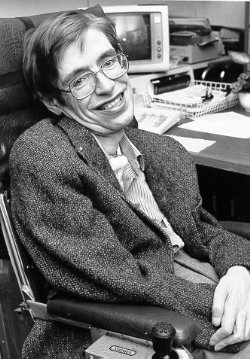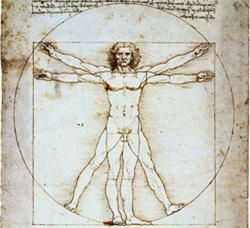A Brief History of Coincidence

RIP Professor Hawking
This morning, I woke up with the news that Stephen Hawking had left us to join the stars he studied with such passion. Some kind of a coincidence: I have just finished his famous Brief History of Time only three days ago. For some people, there's no such thing as a coincidence, but I have to admit that some things correlated and happening almost at the same moment always surprise me.
Stephen Hawking was a great mind willing to share his knowledge with most, explaining things in a simple way, so that even non-scientists could understand the universe that surrounds us. A brilliant astrophysisist but most of all a brilliant human being.
What is a coincidence?
A coincidence, according to the Cambridge Dictionary, a coincidence is "an occasion when two or more similar things happen at the same time, especially in a way that is unlikely and surprising". Hence, running into a friend thousands of kilometers from home without knowing you were both in the same place is a coincidence. As well as buying the same dress as your mother (or sister, or pants as your father/brother) or as thinking of someone and receiving a call from that person only minutes afterwards.
Basically, a coincidence is one of those situations when you feel like there's something going on that can be linked to chance,luck, fate, or whatever you call it. In a sense, it is what some take as a sign, while the most spiritual of us may even call it a little magic.
 ## What science says about coincidence
## What science says about coincidence
In science, a coincidence is an event taking place at the same time as another (allow me to simplify). There's an idea of similarity in it. It also point out that some events, even though very different from one another, might have more in common than one can think of.
And here is where Stephen Hawking comes back in this article: for years, he studied coincidences happening in the universe, trying to figure out WHY some events happen at the same time as others, WHY some elements (please don't think the elements in the Mendeleiev table) react in the same way. The coincidence lies in the fact that the slightest difference in temperature at the Big Bang wouldn't have lead to our universe. The fact that the golden number is found in the nature as well as in many equations is also a coincidence or is it some kind of "universal law"?
Coincidence happens everyday. It can be very slight or really obvious. However, I can't help but remark it every once in a while, as I did this morning.
The famed psychologist Carl Jung explored what he referred to as synchronicity to explain these things we call coincidence. He actually defined synchronicity as "meaningful coincidences." His Eranos lecture on the subject in 1951 was quite groundbreaking.
Jung used his theory to support his own belief in the paranormal and what he termed the collective unconscious. He relates several stories of the occurrences of meaningful coincidences. Once, while providing psychological treatment to a female patient, Jung noted that the woman told him about a dream in which someone gave her a golden scarab. At that moment, he heard a noise at the window. Jung opened the window and caught an insect as it flew in. It was a scarabaeid beetle. He gave it to the woman and she became more responsive to her treatment.
Despite the fact that I hold a psychology degree, I'm no Jung. Still, I'm wondering how synchronicity applies in this case. Perhaps Professor Hawking has something to teach you yet. I stated on another post this morning that if anyone was especially suited to explore what happens after death, it is Stephen Hawking. I hope his new journey is sublime.
I very much enjoyed reading your post.
À plus.
Thanks for your reply and the information you provided. I have to admit - with a bit of shame - that I haven't read Jung. It's still on my bucket list along with Nietzsche. I'm quite sure I have a lot to learn from Hawking, wherever he si and I agree with you: he's most certainly the best to explore life - or whatever it is - after death.